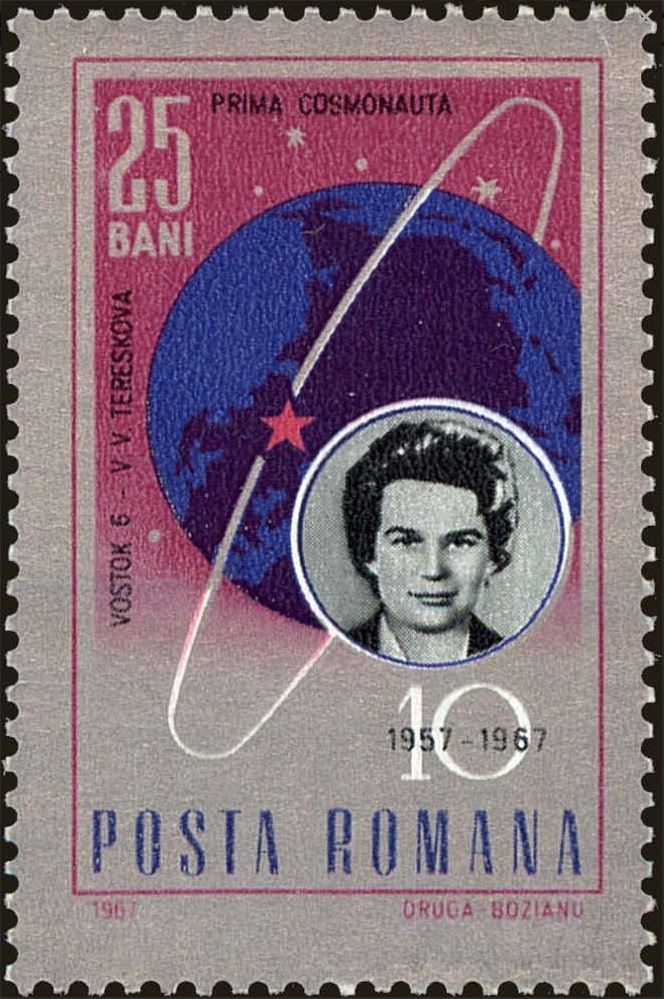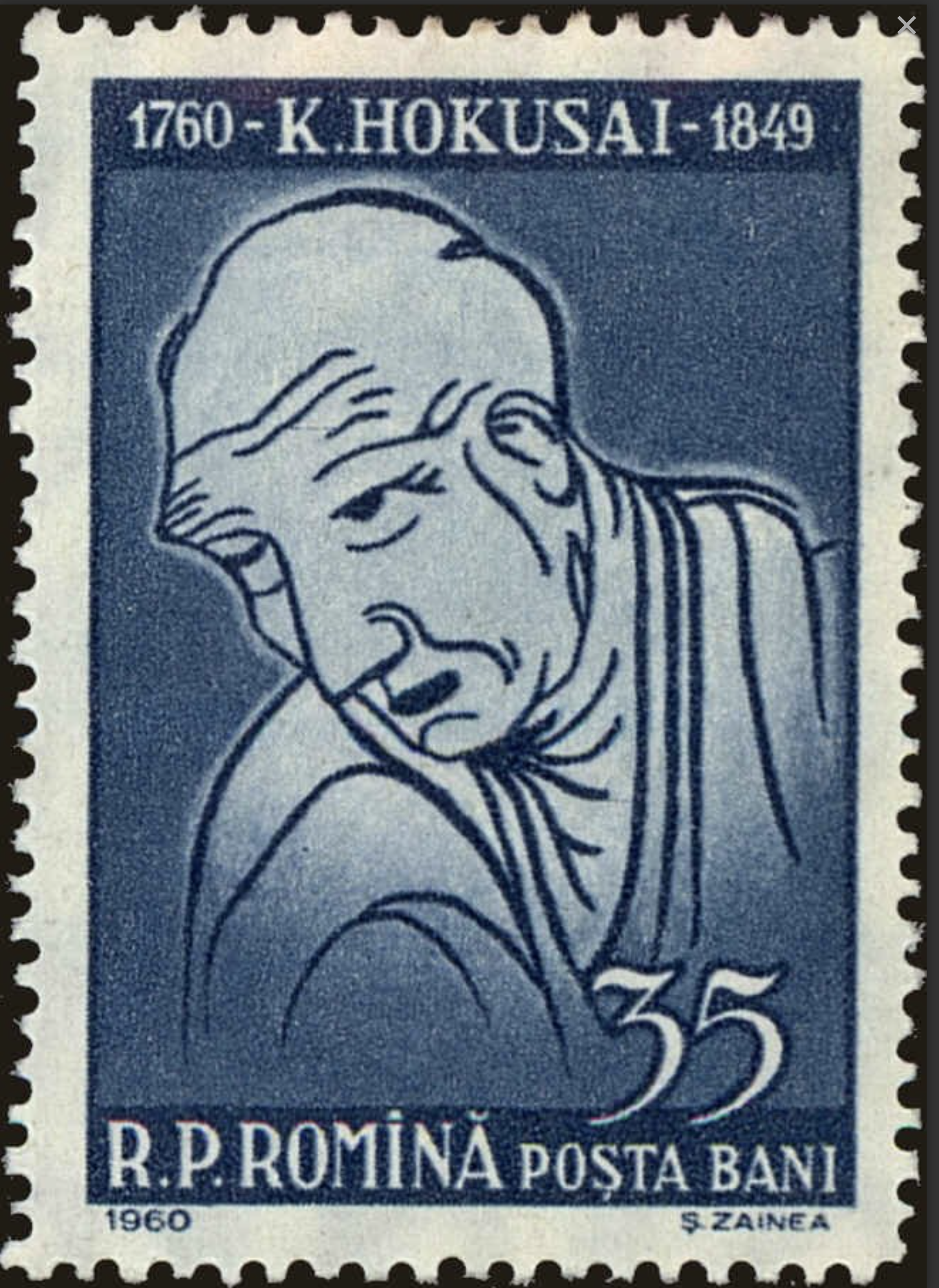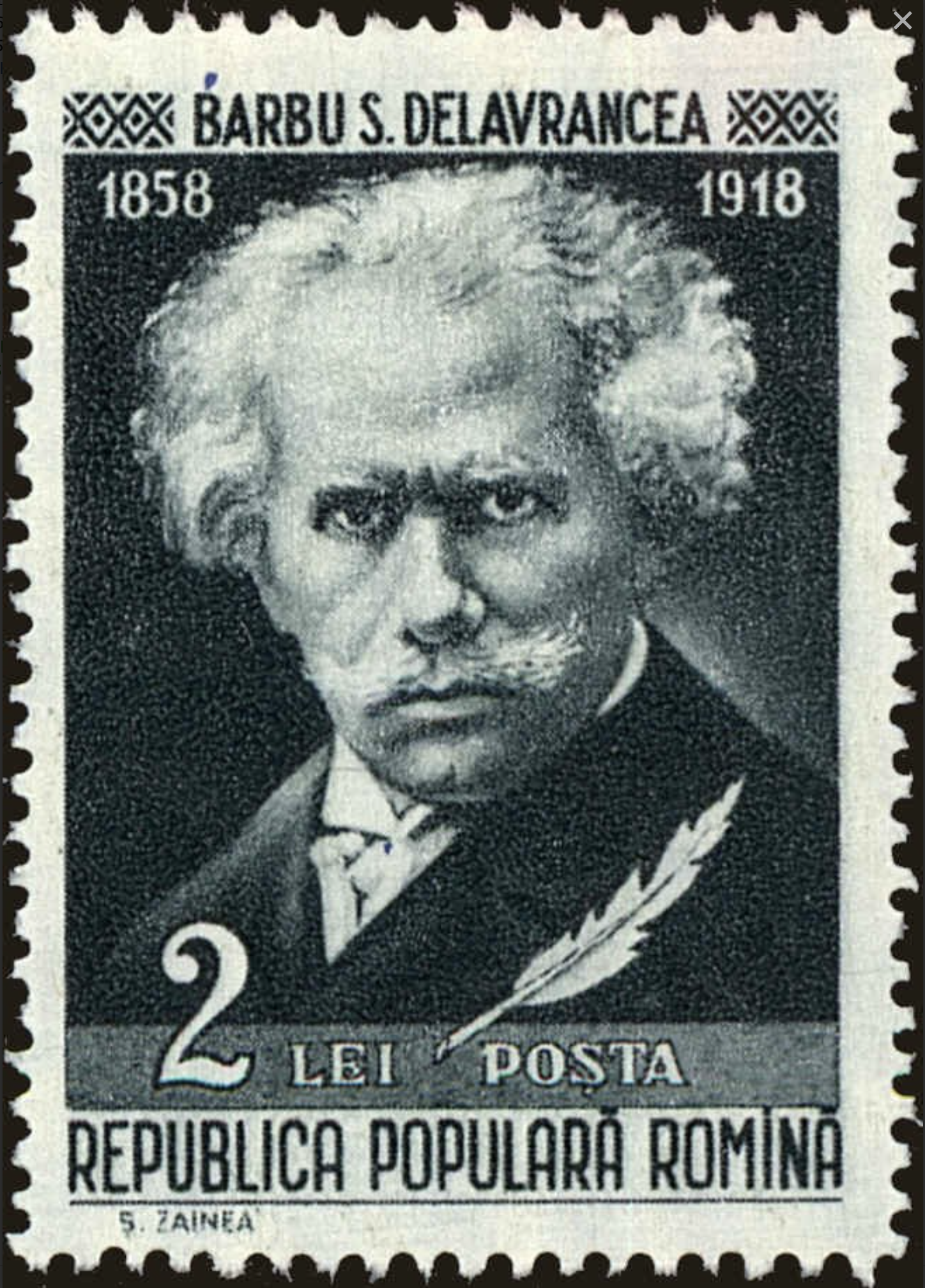Romania #1119 (1956) – Canoeing
$0.45
Romania #1119 (1956) – Canoeing
1 in stock
Description
Romania #1119 (1956) – Canoeing
The 1956 Summer Olympics, officially known as the Games of the XVI Olympiad, were held in Melbourne, Australia. These Olympics were significant for several reasons:
- Timing and Controversy: The 1956 Melbourne Olympics were held from November 22 to December 8, making them the first Olympics to take place in the Southern Hemisphere. The timing created a significant scheduling conflict, as it overlapped with the Southern Hemisphere’s late spring and early summer, while the Northern Hemisphere was in late autumn and early winter. This led to challenges for athletes from the Northern Hemisphere who had to compete in different weather conditions.
- Boycott of the 1956 Summer Olympics: The 1956 Olympics were also notable for several political and athletic reasons, including:
- Suez Crisis: The Suez Crisis, a conflict between Egypt, Israel, France, and the United Kingdom, occurred just before the Olympics. In protest against the participation of the Soviet Union, which was supporting Egypt in the Suez Crisis, several countries, including the Netherlands, Spain, and Switzerland, boycotted the Melbourne Olympics.
- Hungarian Revolution: The Hungarian Revolution of 1956, an anti-Soviet uprising in Hungary, coincided with the Olympics. In the wake of the uprising, the Soviet Union sent troops to suppress the revolution. The Hungarian water polo team famously played against the Soviet Union in a highly charged match, often referred to as the “Blood in the Water” match due to its intense nature.
- Memorable Moments: Despite the controversies and boycotts, the 1956 Melbourne Olympics had several memorable moments. Notable athletes included American sprinter Bobby Morrow, Soviet gymnast Larisa Latynina, and Australian swimmer Dawn Fraser.
- Equestrian Events in Stockholm: Due to strict Australian quarantine laws at the time, the equestrian events were held in Stockholm, Sweden, and not in Melbourne. The results from these events were then included in the overall Olympic results.
- Legacy: The 1956 Melbourne Olympics remain a significant chapter in Olympic history due to the political context, the challenges of the scheduling, and the remarkable performances of athletes who overcame the hurdles to participate and compete.
Overall, the 1956 Summer Olympics were marked by both political and athletic events that have left a lasting legacy in the world of sports and international relations.
Ready to ship in 3-5 business days from United States (US)
Additional information
| Weight | 0.0149 lbs |
|---|---|
| Condition | |
| Country | |
| Scott Number | |
| Stamp Format | |
| Stamp Type | |
| Year of Issue |













